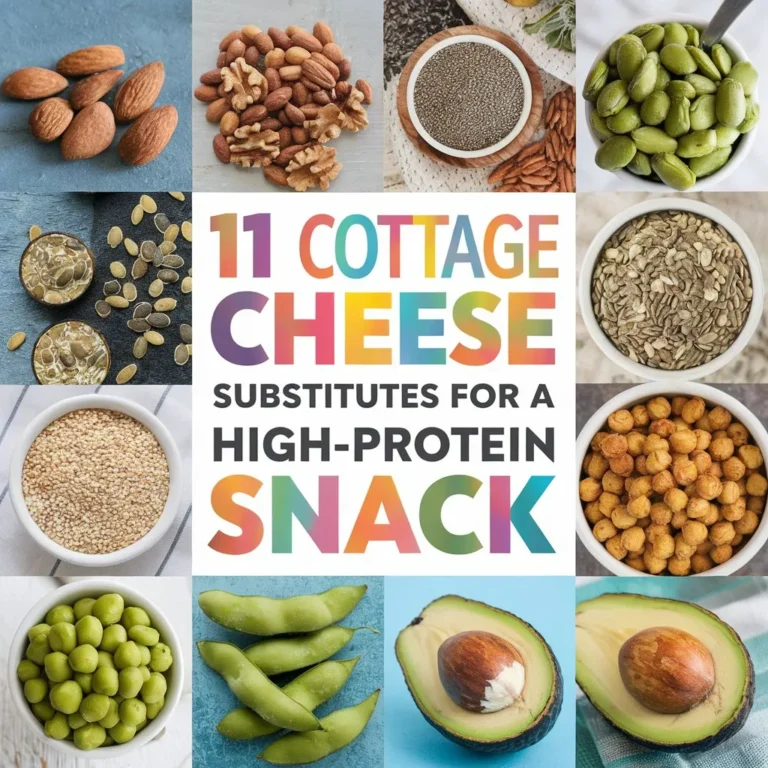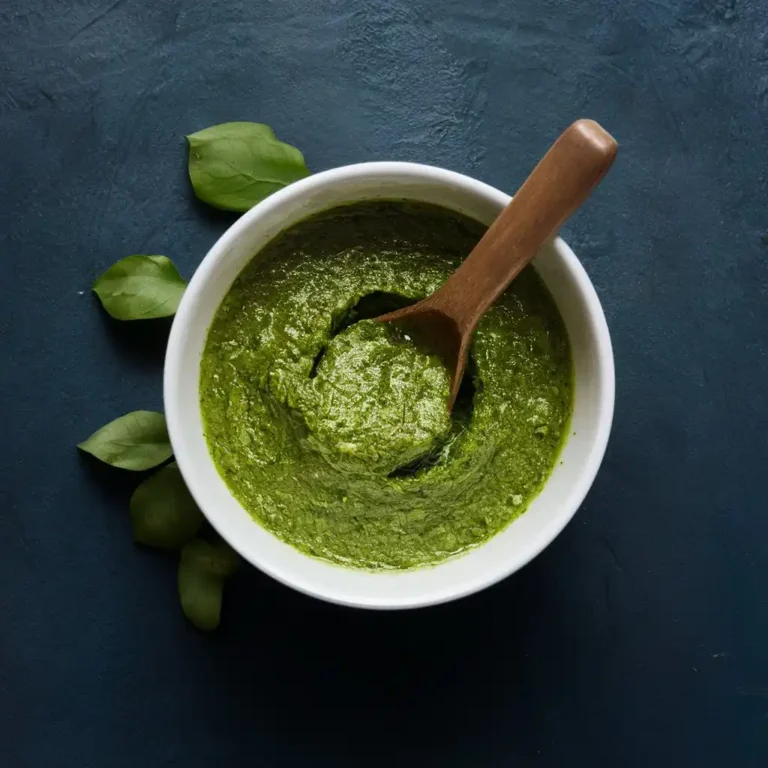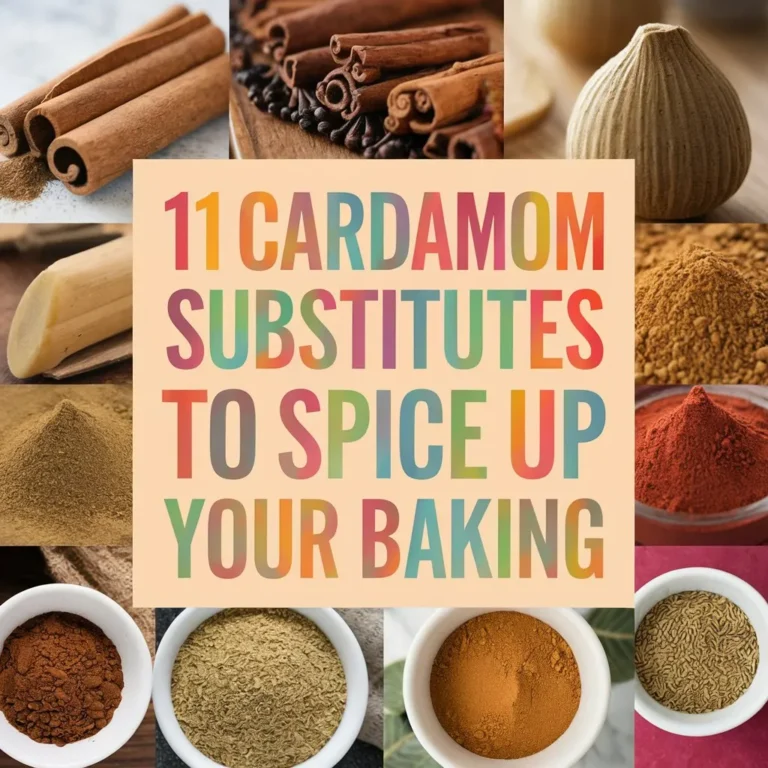11 Greek Yogurt Substitutes for a High-Protein Snack
You’re likely no stranger to Greek yogurt as a go-to high-protein snack, but what if you’re looking for a change of pace or need a dairy-free alternative? You might be surprised to find that there are several options that can provide similar – or even superior – protein content and nutritional benefits.
From creamy cottage cheese to plant-based cashew yogurt, the possibilities are vast. But which ones are worth trying, and how do they stack up against Greek yogurt?
Let’s explore these 11 substitutes and discover the perfect fit for your high-protein snacking needs.
At a Glance
- Cottage cheese is a high-protein Greek yogurt substitute, offering 28 grams of protein per cup and supporting muscle growth and repair.
- Quark cheese provides 17 grams of protein per 6-ounce serving, making it a low-calorie and high-protein snack option for fitness enthusiasts.
- Icelandic skyr is a thick and creamy dairy product that offers approximately 18 grams of protein per 6-ounce serving, supporting bone health and muscle growth.
- Non-dairy Greek yogurt substitutes like kefir, soy yogurt, and coconut yogurt offer high protein content and support gut health, immune function, and overall well-being.
- Vegan and fitness-focused Greek yogurt substitutes like Kite Hill, high-protein banana nice cream, and almond milk kefir delight provide high protein content and support muscle growth, repair, and overall fitness goals.
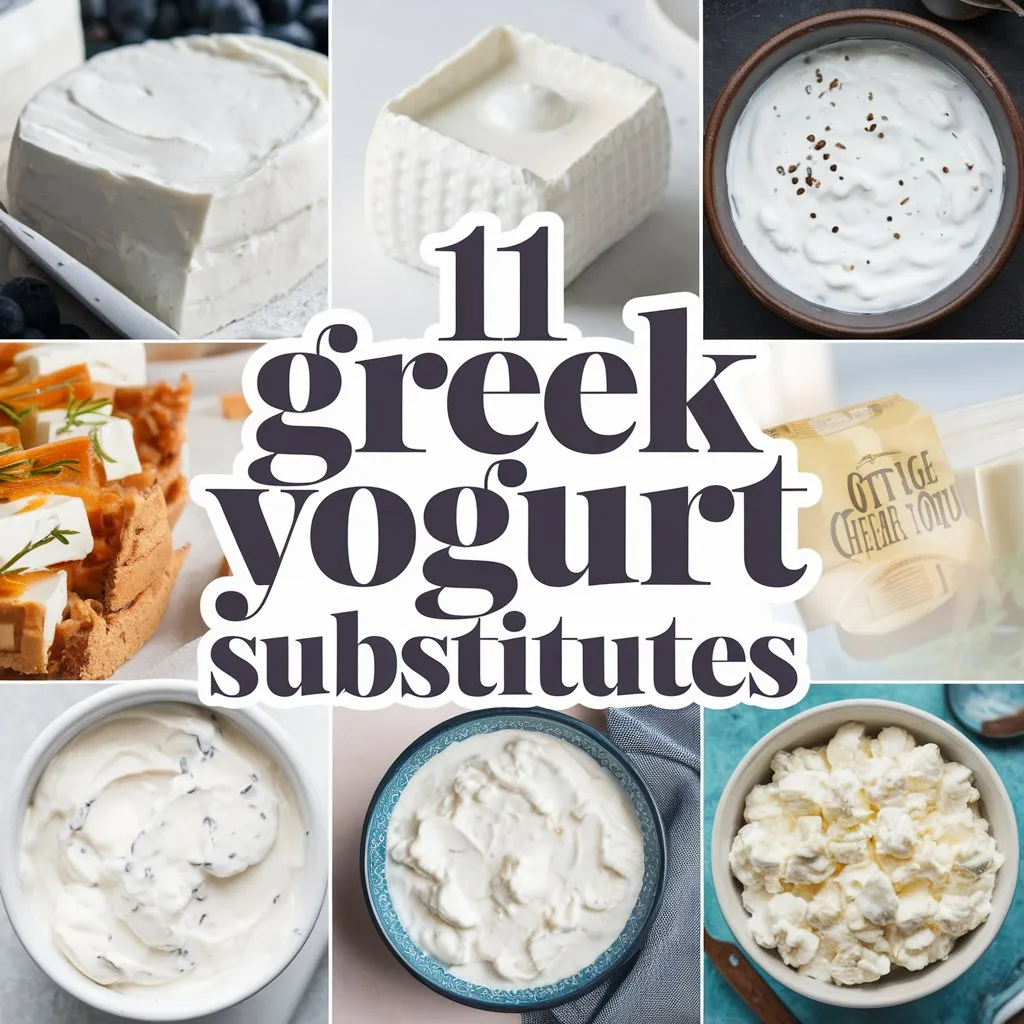
Cottage Cheese High-Protein Alternative
Cottage cheese is a high-protein alternative to Greek yogurt that’s rich in nutrients and offers several benefits.
You’ll get around 28 grams of protein per cup, making it an excellent option for muscle growth and repair. Furthermore, cottage cheese benefits include being high in calcium, phosphorus, and potassium, which are essential for bone health and blood pressure regulation.
When it comes to cheese nutrition facts, cottage cheese stands out for its high water content, making it a low-calorie snack option.
It’s also an excellent source of probiotics, which support gut health and immune function. Additionally, cottage cheese is relatively low in lactose, making it a more tolerable option for those with mild lactose intolerance.
You can enjoy cottage cheese as a standalone snack, or mix it with fruit or nuts for added flavor and texture. With its impressive nutritional profile and versatility, cottage cheese is an excellent Greek yogurt substitute for a high-protein snack.
Kefir for Lactose Intolerant
If you’re lactose intolerant, you may think you need to give up dairy altogether, but kefir offers a promising alternative.
This fermented milk drink contains live cultures that break down lactose, making it easier to digest. As a result, kefir can be a game-changer for those with lactose intolerance.
Kefir’s unique properties also support gut health, which is essential for overall well-being.
The probiotics in kefir help maintain a healthy balance of gut bacteria, boosting your immune system and even supporting mental health. Additionally, kefir is high in protein, making it an excellent snack for those looking to increase their protein intake.
When it comes to lactose tolerance, kefir is a more forgiving option than traditional dairy products.
The fermentation process reduces lactose content, allowing you to enjoy the benefits of dairy without the uncomfortable side effects. By incorporating kefir into your diet, you can reap the rewards of dairy while maintaining a healthy gut and supporting your overall lactose tolerance.
Silken Tofu for Smoothies
Blending silken tofu into your smoothies can be a game-changer, adding a velvety texture and a boost of protein to your favorite recipes.
You’ll reap the tofu benefits, enjoying a creamy and revitalizing drink that’s perfect for a post-workout snack or morning pick-me-up. Silken tofu is an excellent addition to smoothie recipes, as it provides a neutral flavor and a silky texture that complements fruits, nuts, and spices.
When adding silken tofu to your smoothies, start with a small amount (about 1/4 cup) and blend until smooth.
You can combine it with frozen berries, banana, or mango for a sweet and fruity flavor. Alternatively, mix it with spinach, avocado, and almond milk for a creamy and nutritious green smoothie.
The possibilities are endless, and the protein content will keep you full and satisfied until your next meal. With silken tofu, you’ll never have to compromise on taste or nutrition again.
Protein-Rich Soy Yogurt
By the time you’re looking for a Greek yogurt substitute, you may have already considered the benefits of soy-based products.
Soy yogurt, in particular, offers a protein-rich alternative that’s perfect for a high-protein snack. With up to 20 grams of protein per serving, soy yogurt is an excellent option for those looking to support muscle growth and repair.
One of the significant soy benefits is its high isoflavone content, which has been shown to have positive effects on heart health and bone density.
Soy yogurt is also a fermented alternative, which means it contains probiotics that support gut health. Look for brands that are low in added sugars and made with non-GMO soybeans for the most health benefits.
When choosing a soy yogurt, opt for unflavored or low-fat varieties to keep calorie and sugar intake in check.
You can also add your own flavor with fruits, nuts, or honey for a delicious and healthy snack.
With its high protein content and numerous soy benefits, soy yogurt is an excellent Greek yogurt substitute for those looking for a healthy and satisfying snack.
Coconut Yogurt for Dairy-Free
You may have already eliminated dairy from your diet, but that doesn’t mean you have to give up on yogurt.
Coconut yogurt is a fantastic alternative, offering numerous benefits for those who are lactose intolerant or prefer a plant-based diet. The coconut benefits include high levels of medium-chain triglycerides (MCTs), which support immune function and provide sustained energy. Additionally, coconut yogurt is naturally low in sugar and rich in fiber.
When it comes to flavor varieties, coconut yogurt doesn’t disappoint.
You can find everything from plain and unflavored to exotic flavors like mango, pineapple, and coconut lime. Many brands also offer unsweetened or low-sugar options, making it easy to fit into your healthy eating plan.
With its creamy texture and versatility in recipes, coconut yogurt is an excellent substitute for traditional yogurt. Whether you’re looking for a quick snack or a base for your favorite smoothie, coconut yogurt is a great choice.
Quark Cheese for Fitness Goals
As you explore alternatives to traditional yogurt, Quark cheese emerges as a high-protein substitute that can substantially support your fitness goals.
This German-style cheese boasts an impressive 17 grams of protein per 6-ounce serving, making it an ideal snack for muscle recovery and growth. The Quark benefits extend beyond its protein content, as it’s also low in fat and calories, making it a guilt-free addition to your fitness routine.
Quark’s German heritage is rooted in traditional cheese-making techniques, which involve fermenting milk with bacterial cultures to create a creamy, smooth texture.
This process yields a cheese that’s rich in probiotics, supporting a healthy gut microbiome. When choosing a Quark cheese, look for varieties that are unflavored and unsweetened to reap the most benefits.
You can enjoy Quark as a standalone snack, or mix it with fruit, nuts, or honey for added flavor and nutrition. With its impressive protein content and rich nutritional profile, Quark cheese is a valuable addition to your fitness arsenal.
High-Protein Vegan Kite Hill
Diving into the world of vegan alternatives, Kite Hill’s high-protein yogurt substitute stands out as a game-changer for fitness enthusiasts.
As you explore plant-based options, you’ll find that Kite Hill’s high-protein yogurt alternative offers numerous benefits.
- High-Protein Content: With up to 20 grams of protein per serving, Kite Hill’s yogurt substitute supports muscle growth and repair, making it an excellent post-workout snack.
- Vegan Probiotics: Kite Hill’s probiotic-rich formula promotes gut health, boosting your immune system and overall well-being.
- Low in Sugar: With only 7-10 grams of sugar per serving, Kite Hill’s yogurt alternative is an excellent choice for those monitoring their sugar intake.
- Kite Hill Benefits: Rich in calcium, vitamin D, and potassium, Kite Hill’s yogurt substitute supports bone health, making it an excellent choice for vegans and fitness enthusiasts alike.
Icelandic Skyr for Strong Bones
One notable alternative to traditional yogurt is Icelandic skyr, a thick and creamy dairy product that’s been a staple in Nordic cuisine for centuries.
As you explore high-protein snack options, you’ll appreciate skyr’s impressive nutritional profile. With approximately 18 grams of protein per 6-ounce serving, skyr supports muscle growth and repair.
Furthermore, skyr is rich in calcium, essential for maintaining strong bones. Research shows that calcium absorption from skyr is higher than from milk, thanks to its unique protein structure.
This means you’ll reap more bone-benefiting benefits from skyr than from traditional dairy products. As you age, maintaining peak bone density becomes vital.
Skyr’s high calcium content and excellent absorption rate make it an excellent choice for supporting bone health. By incorporating skyr into your snack routine, you’ll be taking a proactive step towards strong, healthy bones for years to come.
Cashew Yogurt for Plant-Based
You’re likely no stranger to the growing demand for plant-based alternatives, and cashew yogurt is a popular option that’s gaining traction.
As a conscious consumer, you’re probably enthusiastic to explore this dairy-free alternative that’s rich in nutrients and flavor.
Cashew yogurt boasts a creamy texture and subtle nutty flavors that will satisfy your cravings.
- High in protein: Cashew yogurt can contain up to 10 grams of protein per serving, making it an excellent option for those seeking a plant-based protein boost.
- Rich in probiotics: Many cashew yogurt brands contain live cultures, which support gut health and immune function.
- Lower in calories: Compared to traditional yogurt, cashew yogurt tends to be lower in calories, making it an attractive option for those watching their weight.
- Versatile in recipes: Cashew yogurt can be used as a base for smoothies, as a topping for oatmeal or fruit, or even as a substitute for sour cream in recipes.
With its cashew creaminess and subtle nutty flavors, this plant-based yogurt alternative is sure to become a staple in your high-protein snack repertoire.
High-Protein Banana Nice Cream
Building on the nutritious benefits of cashew yogurt, let’s explore a creative way to incorporate it into your snack routine: high-protein banana nice cream.
This delicious treat combines the creamy texture of cashew yogurt with the natural sweetness of bananas, providing a boost of protein and several key nutrients.
Banana benefits include a rich source of potassium, vitamins, and minerals, which can help support healthy digestion and energy levels.
To make high-protein banana nice cream, simply blend frozen bananas with cashew yogurt and a scoop of your favorite protein powder.
You can also customize this treat with various nice cream variations, such as adding cocoa powder for a chocolatey twist or mixing in nuts and seeds for added crunch.
With its creamy texture and sweet flavor, high-protein banana nice cream is a guilt-free snack that will satisfy your cravings while supporting your fitness goals.
Almond Milk Kefir Delight
With almond milk kefir delight, you’re about to indulge in an invigorating treat that not only tantalizes your taste buds but also provides a wealth of nutritional benefits.
This creamy, probiotic-rich drink is an excellent addition to your morning routine, offering a boost of energy and liveliness to start your day.
- Improved Digestion: Kefir contains a diverse range of probiotics, which can help regulate your digestive system and alleviate symptoms of IBS.
- Enhanced Immune System: The probiotics in kefir support immune function, reducing the risk of illness and infection.
- Increased Protein Intake: Almond milk kefir is a high-protein snack, making it an excellent option for those looking to support muscle growth and repair.
- Bone Health: Kefir is rich in calcium, vitamin D, and other essential minerals, supporting strong bone health and reducing the risk of osteoporosis.
FAQs
Can Greek Yogurt Substitutes Be Used in Cooking and Baking?
When substituting Greek yogurt in cooking and baking, you’ll need to ponder taste factors, like tanginess, and texture profiles, such as creaminess, to guarantee the final product turns out as desired, so choose a substitute that closely mimics these qualities.
Are Greek Yogurt Substitutes Suitable for People With Dairy Allergies?
You’re wondering if dairy alternatives are suitable for people with dairy allergies. Fortunately, yes, they are! Since you’re lactose intolerant, these alternatives won’t trigger allergic reactions, allowing you to enjoy high-protein snacks without worrying about adverse effects.
How Do Greek Yogurt Substitutes Affect Digestion and Gut Health?
You might wonder how certain foods impact your digestion and gut health. When you consume probiotic-rich foods, you support your gut microbiome, boosting immunity and overall well-being – but do Greek yogurt substitutes offer the same benefits?
Can Greek Yogurt Substitutes Be Made at Home From Scratch?
You can create your own homemade alternatives to Greek yogurt by experimenting with DIY recipes that combine probiotic-rich ingredients, like kefir or coconut milk, with protein powder and natural thickeners, allowing you to customize the taste and texture to your liking.
Are Greek Yogurt Substitutes More Expensive Than Traditional Greek Yogurt?
You’ll find that price comparison varies between brands, with some Greek yogurt substitutes costing more than traditional Greek yogurt, while others are similarly priced, depending on brand differences in ingredients and production methods.
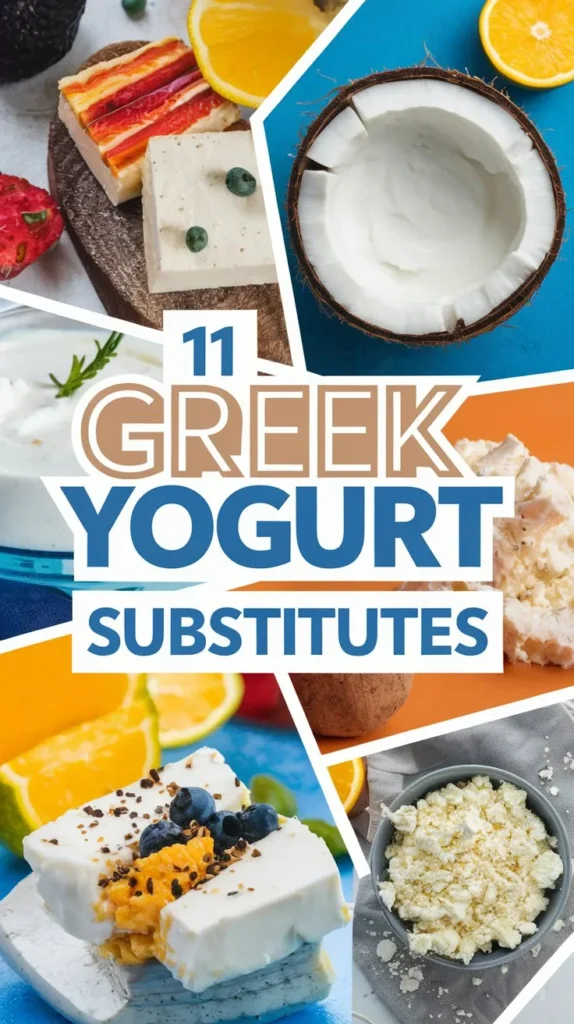
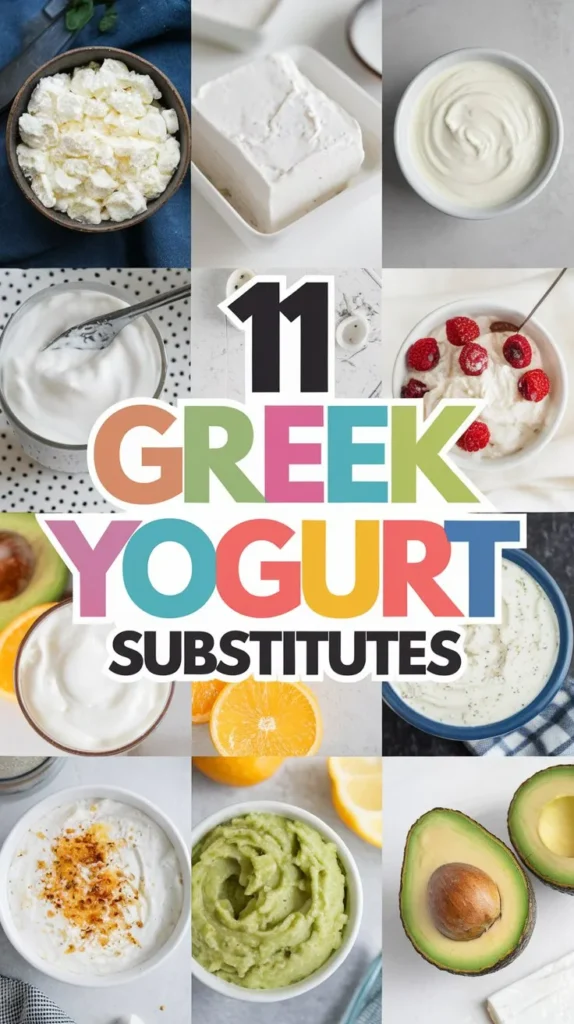
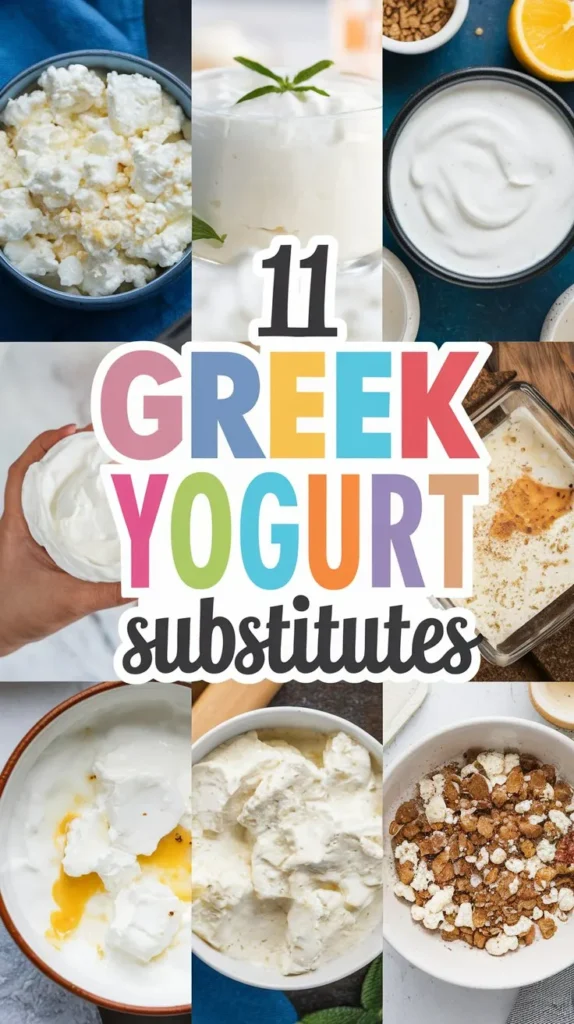


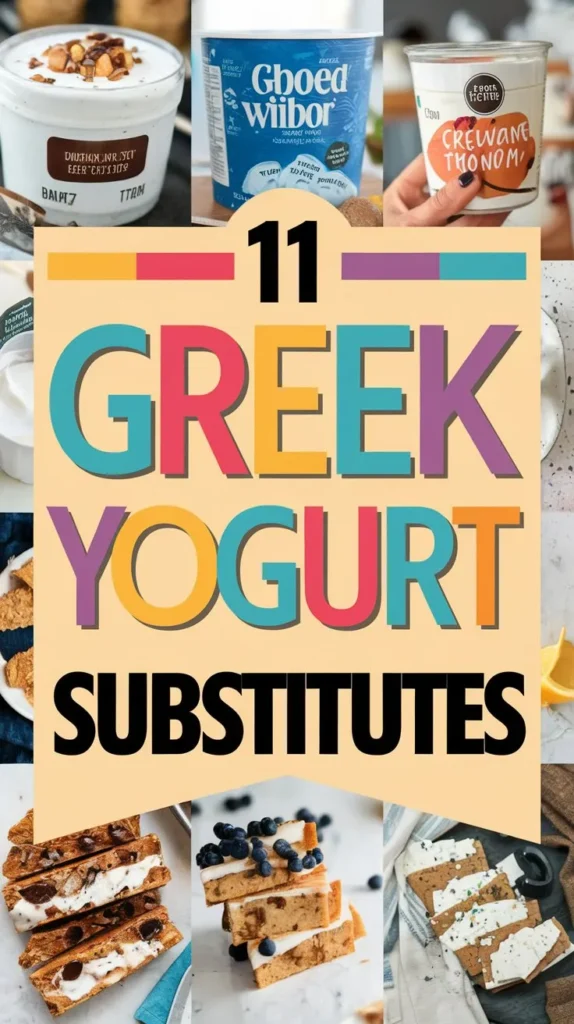
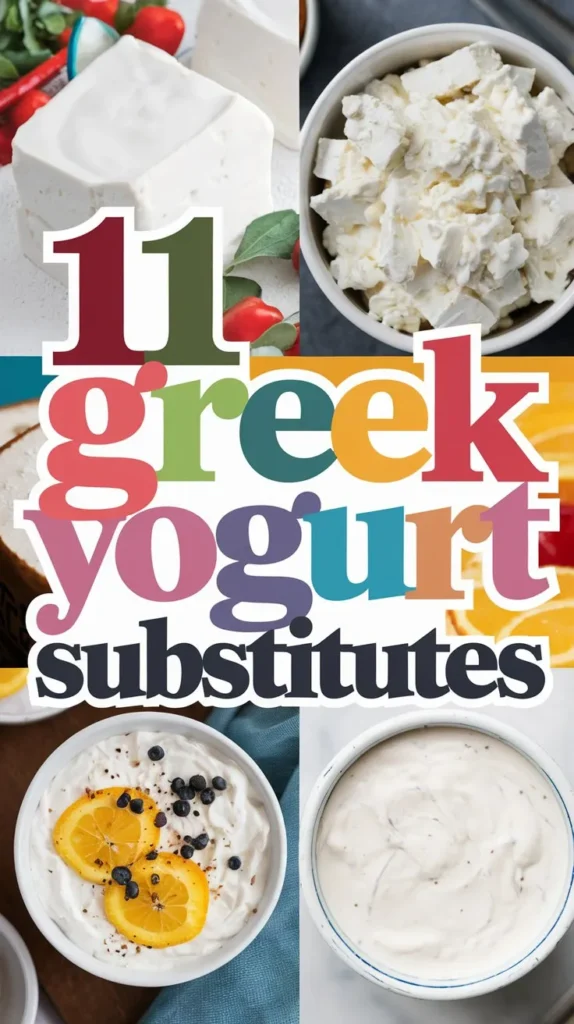
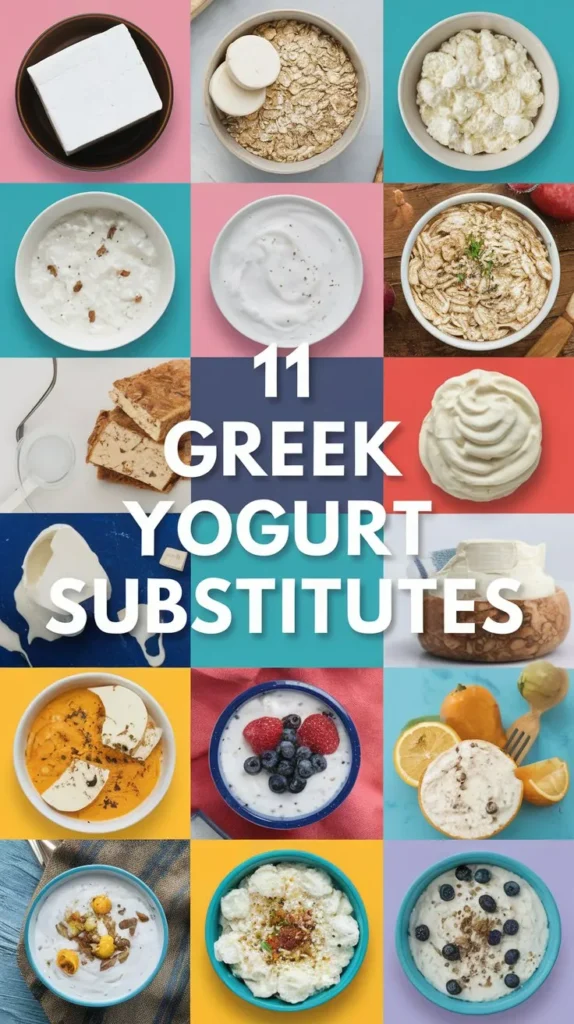

DK Jacks is a passionate food enthusiast, recipe developer, and culinary explorer. With a love for both traditional and innovative flavors, DK brings a fresh perspective to the kitchen. When not experimenting with new ingredients, you’ll find DK capturing food moments through the lens or sharing cooking tips with fellow foodies.🍽️📸✨


